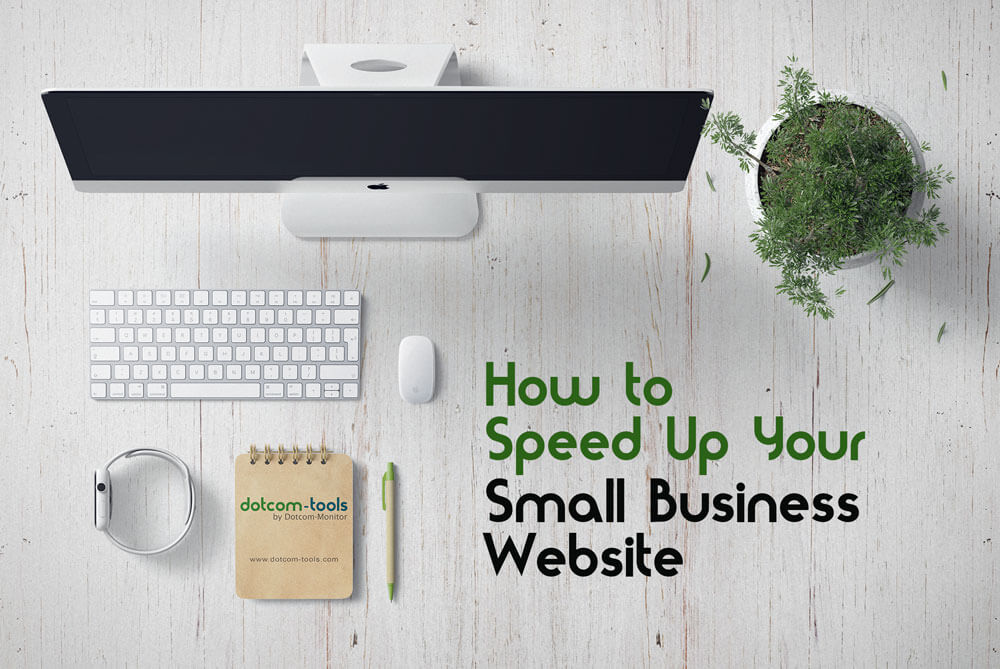How to Speed Up Your Small Business Website
You know that speeding up your website will boost your SEO and improve your customers’ user experience. That translates to increased sales. But how exactly can you make your website load more quickly?
 Check Your Web Host
Check Your Web Host
Your web hosting company can have a big impact on your website speed. You want a web host with servers near where your customers live. If your European customers have to access your site via a server in North America, that’s going to impact speed.
Load Testing
The point of load testing is to see how well your website performs when it receives heavy traffic. Slow page load times on a big shopping day like Black Friday can destroy a small business. But load testing can help you improve your website speed under everyday conditions.
A load testing tool like LoadView or Apache JMeter will show you where the bottlenecks and slowdowns are. There are things you can do to improve every page’s speed but you should start with the worst offenders.
An Image Loads a Lot More Slowly Than a Thousand Words
Look for places where you used an image to control how text would appear. It’s a great design trick, but it slows down your website. Wherever you can, replace images with text. You can use CSS to control how the text looks, but it will load more quickly.
For the images you do keep, make sure that they’re the right size. Too often, we upload a photo that’s much larger than it needs to be. And then the browser has to resize the photo before displaying the page – which takes time. Personally, I make sure all images are sized correctly, then run through a program such as TinyPNG to compress down even further. And yes, they compress jpg’s too.
Plugins Are Not Your Friend
Small business websites tend to rely on plugins. They’re a fast and easy way to add functionality to your site. Installing a plugin certainly takes less time and money than coding the functionality from scratch. But plugins slow down websites. Every time a page loads, the browser first loads the actual web page, and then the plugins. It’s like getting dressed when you keep most of your clothes in the bedroom, but store your socks in the garage and your shoes in the pantry.
Get rid of any plugins you don’t need anymore. If you can, replace needed plugins with native code. Speeding up your website means better SEO and more sales, so hiring a programmer is well worth the investment.
Strip Out Excess Code
Content creators and other non-techie stakeholders often create their content in a word processing program. Just as HTML determines formatting, these programs use an invisible markup language to format the text. Even when the user saves the document as HTML, the resulting code is sloppy. And when you use a CMS, that code is completely unnecessary.
Teach your content creators (or for many small businesses, whoever is posting to your blog or online calendar) to copy and paste their text into a text editor to strip out the formatting. Then they should copy and paste from the text editor into the CMS. Seems redundant, but this will make your website load more quickly and things will also look better as a bonus.
Small Changes Can Make a Big Difference
None of these changes requires a major overhaul of your small business website. Yet they can significantly improve your small business’s website speed. Even if you implement only a couple of these suggestions, you should see faster page load times.
Check your website speed now: Free Webpage Speed Test


